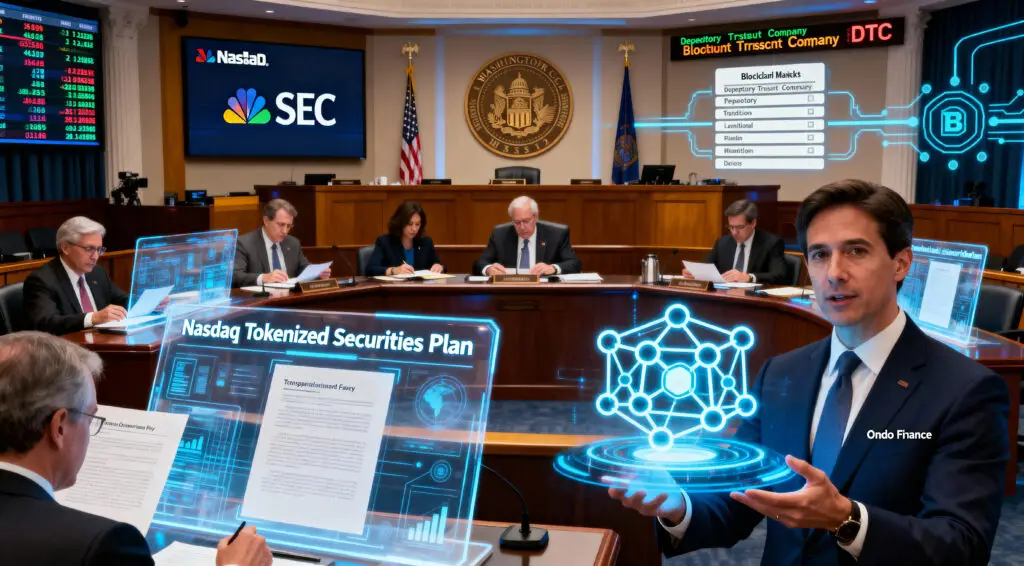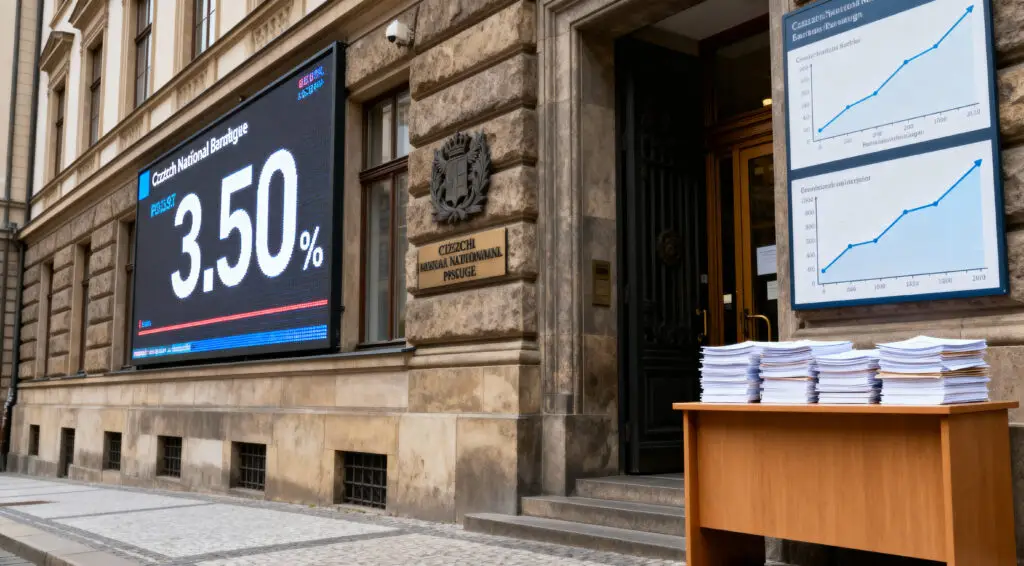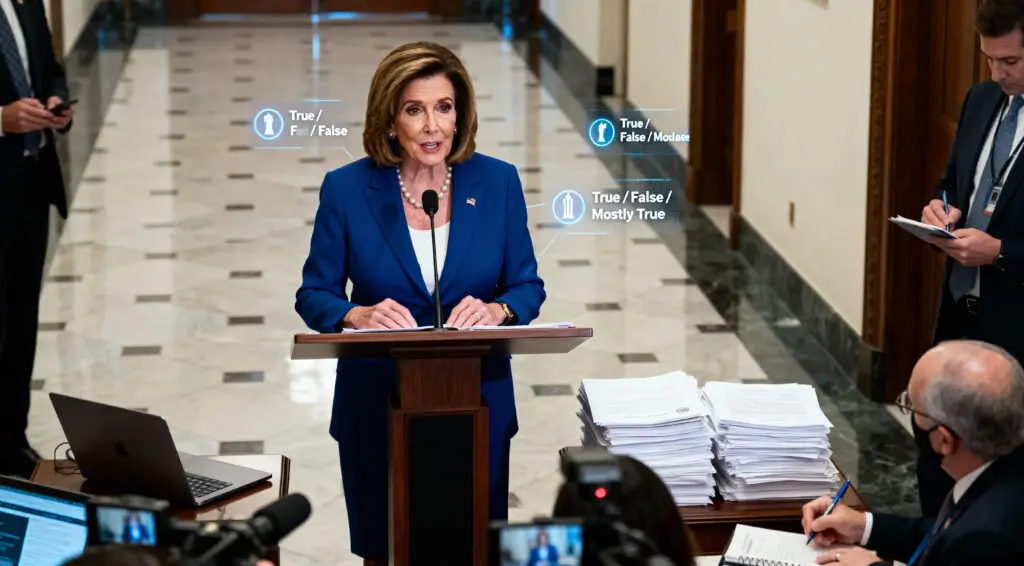Nasdaq’s Tokenized Securities Proposal Sparks Controversy
Nasdaq’s plan to integrate tokenized securities into U.S. markets has drawn sharp criticism from Ondo Finance, a leading blockchain asset firm. The proposal would allow Nasdaq to list digital versions of traditional stocks, but Ondo warns that the plan lacks clarity on how the Depository Trust Company (DTC) will manage blockchain settlement.
The firm’s public letter to the U.S. Securities and Exchange Commission (SEC) urges regulators to pause or deny approval until more details are released.
Understanding Nasdaq’s Blockchain Settlement Vision
Filed with the SEC in September 2025, Nasdaq’s proposal aims to tokenize shares and ETFs, creating blockchain-based replicas tied to traditional assets. These tokenized shares would trade alongside regular ones, maintaining equal rights and values.
Settlements would still flow through the DTC on a T+1 timeline, ensuring compliance with existing U.S. market infrastructure. Nasdaq claims the shift would modernize post-trade settlement, reducing reconciliation errors while preserving regulatory integrity.
DTC’s Role Raises Questions About Market Transparency
The DTC, which clears nearly all U.S. stock trades, would act as the bridge between traditional securities accounts and blockchain records. Under Nasdaq’s design, the DTC would mint, transfer, and burn tokenized shares to match real holdings. However, the system’s technical details remain undisclosed, and Nasdaq admits it only has a “preliminary sense” of DTC’s process. Ondo Finance argues this secrecy creates information asymmetry, preventing fair evaluation by regulators and market competitors.
Ondo Finance Calls for Delayed Approval
In its October 2025 letter to the SEC, Ondo stressed that it supports tokenization but opposes opaque implementation. The firm claims Nasdaq’s filing violates procedural fairness, relying on undisclosed information about DTC’s systems. Ondo warns that such selective access could give Nasdaq and large institutions an unfair advantage. The company urged regulators to delay approval, demand public documentation from DTC, and ensure all market participants have equal visibility into blockchain settlement mechanisms.
Recommended Article: Ondo Finance Expands U.S. Reach With Oasis Pro Acquisition
The Stakes: Innovation Versus Accountability
Ondo’s intervention underscores a growing tension between modernization and market fairness. While tokenized securities promise faster settlement and efficiency, approving systems without transparency could undermine investor confidence. Ondo’s regulatory chief, Peter Curley, emphasized that blockchain innovation must be inclusive and auditable. By pressing for equal access to information, Ondo is positioning itself as a pro-regulation voice advocating responsible innovation rather than unchecked disruption.
Global Context: How Other Markets Handle Tokenization
While the U.S. deliberates, other regions are already testing frameworks for tokenized finance. The European Union’s DLT Pilot Regime allows controlled trading of tokenized securities within regulatory sandboxes.
Switzerland’s DLT Act grants blockchain securities full legal recognition, while Singapore’s Project Guardian explores blockchain settlement for bonds and deposits under strict oversight. Each model prioritizes transparency, phased implementation, and clear rules—principles that Ondo argues should guide U.S. policy as well.
The Road Ahead for Nasdaq and U.S. Regulators
The SEC faces a complex decision balancing innovation with investor protection. Possible outcomes include conditional approval, a pilot program, or a formal delay pending DTC transparency. If approved, Nasdaq’s system could reshape equity trading by embedding blockchain into Wall Street’s core infrastructure.
If delayed, it would highlight regulators’ insistence on open standards and fairness before blockchain becomes part of mainstream securities markets. Either way, Ondo’s challenge has already influenced how tokenization will evolve in the U.S. financial system.
Conclusion: Building Trust in the Tokenized Era
Ondo Finance’s objection is not a rejection of blockchain progress but a call for responsible innovation. The firm’s stance reinforces a vital truth: technological advancement in finance must be matched by transparency, fairness, and public accountability.
Nasdaq’s plan could mark a turning point for U.S. capital markets, but only if implemented under clear, equitable rules. As tokenized finance moves from theory to practice, the real test will be ensuring that innovation serves everyone—not just those with early access to information.























